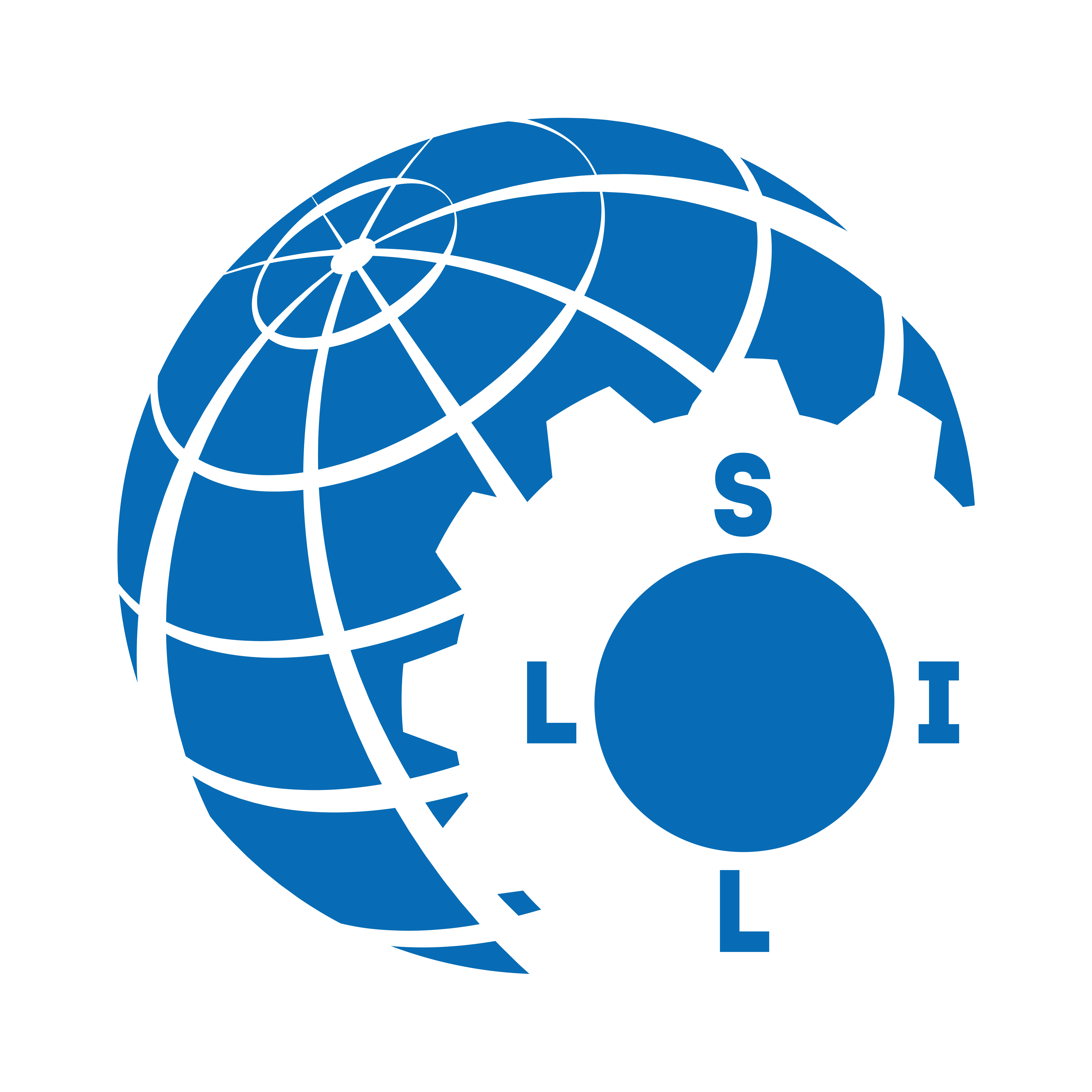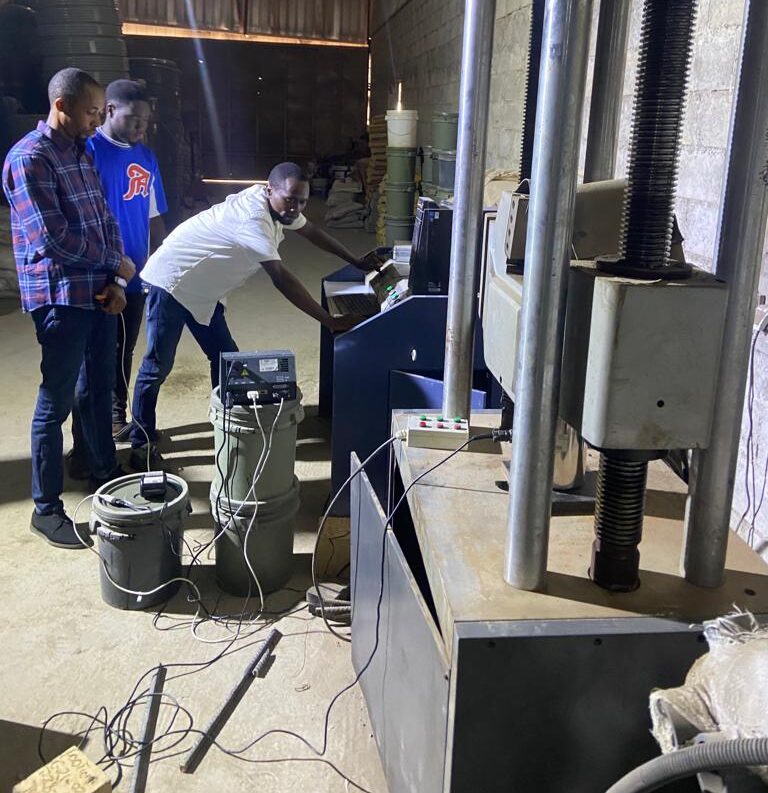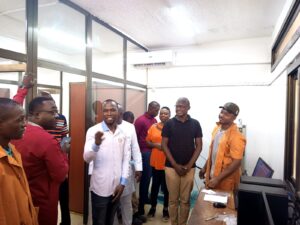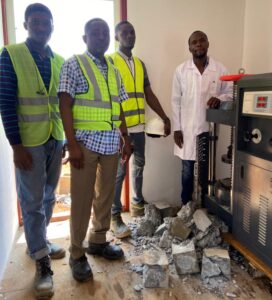Setting up a material testing equipment laboratory requires meticulous planning, precise execution, and thorough knowledge of the industry’s standards and requirements. From selecting the right equipment to establishing quality control protocols, every step plays a crucial role in ensuring accurate and reliable test results. To simplify this complex process, many organizations turn to consultancy services specializing in material testing equipment laboratory setup. In this blog post, we will explore the key considerations and benefits of seeking professional guidance when establishing your laboratory.
- Equipment Selection and Procurement
Choosing the appropriate material testing equipment is fundamental to the success of any laboratory. A consultancy service can help you assess your specific testing requirements and guide you in selecting the right instruments. Their expertise ensures that you invest in reliable, high-quality equipment that meets international standards and industry best practices. Moreover, consultants can assist in negotiating with suppliers, ensuring cost-effectiveness and optimal delivery timelines.
- Laboratory Layout and Design
The layout and design of a material testing laboratory have a significant impact on its efficiency and workflow. A consultancy service can help you create an optimal floor plan, considering factors such as space utilization, equipment placement, safety regulations, and ease of movement. By designing a well-organized laboratory, you can enhance productivity, minimize errors, and facilitate smooth operations.
- Standard Operating Procedures (SOPs)
Standard operating procedures are essential for maintaining consistency, accuracy, and quality control within a laboratory. Experienced consultants can assist in developing comprehensive SOPs tailored to your specific testing procedures. These SOPs cover various aspects, including sample preparation, equipment calibration, testing protocols, data analysis, and reporting. Following well-defined SOPs not only ensures standardized testing practices but also aids in regulatory compliance.
- Training and Skill Development
Proficient operation and maintenance of material testing equipment require trained personnel. Consultants can provide customized training programs for laboratory staff, ensuring they acquire the necessary skills and knowledge to handle the equipment effectively. Training sessions cover instrument operation, calibration techniques, troubleshooting, safety protocols, and data interpretation. By investing in professional training, you can maximize the efficiency of your laboratory and enhance the competency of your workforce.
- Quality Assurance and Accreditation
Accreditation adds credibility and reliability to your laboratory’s testing capabilities. A consultancy service can guide you through the accreditation process, be it ISO 17025 or other relevant certifications. Consultants help in implementing quality assurance measures, conducting internal audits, establishing traceability systems, and preparing for external audits. Accreditation not only demonstrates your laboratory’s commitment to quality but also opens up opportunities for collaboration and expansion.
- Troubleshooting and Continuous Improvement
Even after the successful setup of a material testing laboratory, challenges and issues may arise. Consultancy services offer ongoing support, assisting in troubleshooting technical problems, addressing operational bottlenecks, and implementing continuous improvement strategies. Their expertise helps you overcome obstacles, optimize processes, and stay updated with the latest advancements in testing methodologies and equipment.
Conclusion
Establishing a material testing equipment laboratory requires specialized knowledge, attention to detail, and adherence to industry standards. By engaging the services of a professional consultancy firm, you can streamline the entire setup process, from equipment selection to accreditation. Their expertise and guidance ensure that your laboratory operates efficiently, produces reliable test results, and meets the ever-evolving demands of the industry. Invest in the consultancy support you need to build a robust and reputable material testing laboratory.



